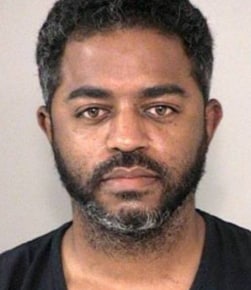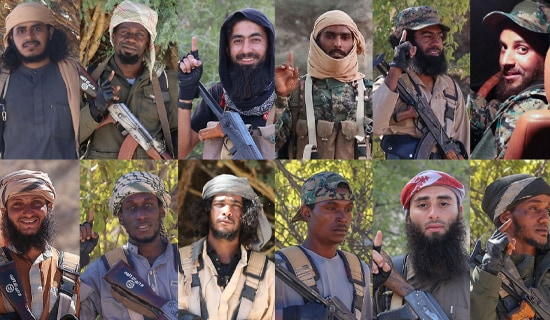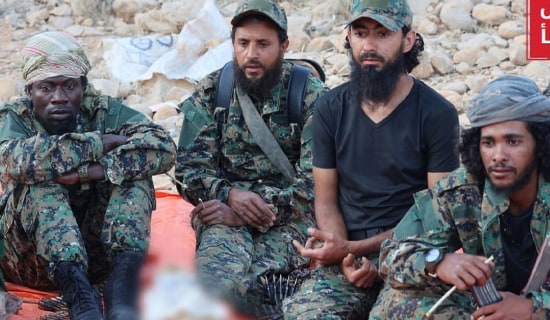
On February 3, 2015, following the immolation of Jordanian pilot Mu'adh Al-Kasasbeh, a group of ISIS activists in Syria posted a fatwa issued by the organization's "Fatwa and Research Authority" which rules that burning non-Muslims alive "is completely permissible". The fatwa, dated January 20, 2015, which was apparently distributed in the streets of Raqqa, was posted on the group's Twitter account, called "Raqqa is Being Slaughtered Silently" (@Raqqa_SI). The following are translated excerpts from it:
"Q: What is the ruling on burning an infidel with fire until he dies?"
"A: The Hanafi and Shafi'i schools [of Islam] hold that burning is completely permissible. They interpreted the saying of the Prophet that 'Only Allah shall torture with fire' as [a call for] humility. [The scholar] Al-Muhallab said: 'This ban is not [an actual] prohibition, but rather a means for [advocating] humility.'
"[Shafi'i scholar] Ibn Hajar, may Allah have mercy on him, said: '[This saying] indicates that it is permissible to burn, as the Companions did. The Prophet blinded two men from 'Arina [whom he judged to be apostates and criminals] with a branding iron. Khalid bin Al-Walid, [one of the Prophet's Companions], also burned apostates with fire.'
"Some scholars hold that burning with fire is essentially prohibited, but is permissible while acting in retribution, as the Prophet did with the two men of 'Arina. He blinded them with an iron as an act of retribution, as is mentioned in authentic [hadith]. And this is the most prominent among the proofs."





